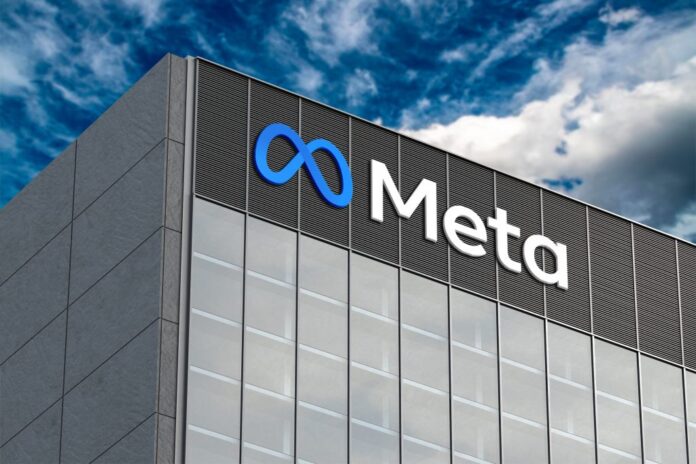Meta Platforms has reportedly reduced its annual distribution of stock options by around 10% for tens of thousands of employees, despite the company trading at record highs in recent weeks. According to the Financial Times, these stock options, which are a significant part of employee compensation alongside base salaries and annual bonuses, will be reduced across most employee levels.
The FT report, cited by Reuters, suggests that the reduction will vary based on an employee’s location and seniority within the organisation. While Meta has not commented on the matter, the move aligns with the company’s broader cost-cutting and performance optimisation strategies under CEO Mark Zuckerberg.
In contrast to the stock option cuts for employees, Meta has approved a significant increase in performance-based bonuses for its executive officers. A regulatory filing with the U.S. Securities and Exchange Commission (SEC) on Thursday revealed that executive bonuses will now be set at 200% of base salary, up from 75%. However, this change will not apply to Zuckerberg himself.
Meta has been undergoing restructuring efforts, including job cuts and stricter performance evaluations. In January, the company announced plans to trim 5% of its workforce, particularly targeting “lowest performers,” while also planning to rehire for some of these roles later in the year. Zuckerberg has warned that further cuts may follow as part of Meta’s initiative to “raise the bar” on employee performance.
Meta’s stock price has surged since January 17, bolstered by the U.S. Supreme Court’s decision to uphold the ban on TikTok, despite former President Donald Trump signing an executive order delaying its enforcement. Additionally, investor confidence has been fuelled by Zuckerberg’s commitment to expanding AI infrastructure, with Meta planning to invest up to $65 billion in AI development this year.
Despite beating Wall Street expectations for Q4 revenue, Meta warned that first-quarter sales might fall short of projections, raising questions about the profitability of its AI-powered initiatives. The stock, which had been on an upward trajectory, dipped 1.3% to $694.8 per share on Thursday.























